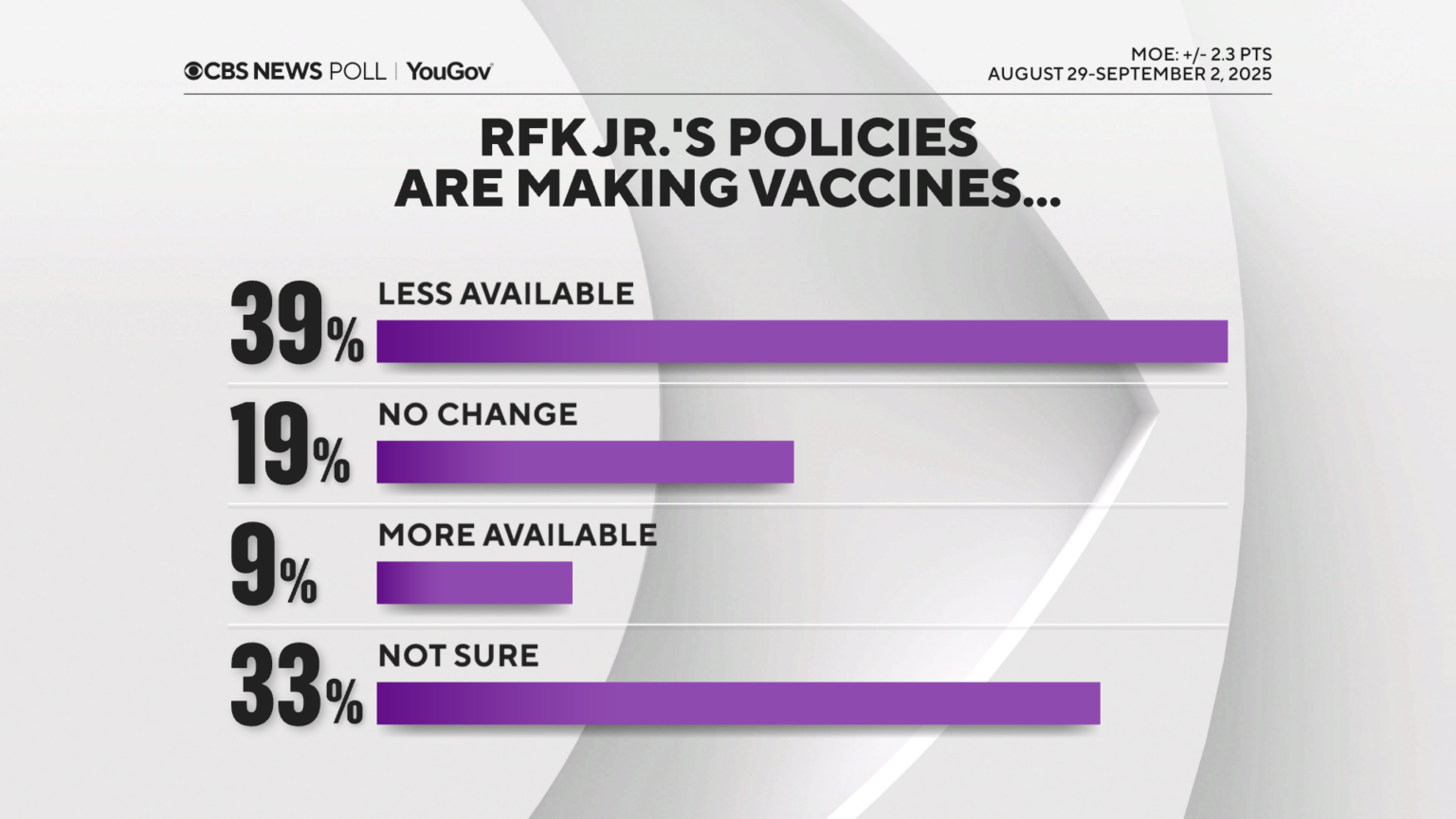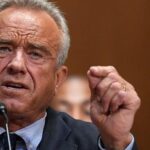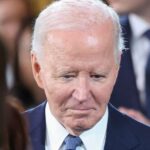In a recent exploration of public sentiment towards vaccine distribution and governmental health policies under Health and Human Services Secretary Robert F. Kennedy Jr., a CBS News/YouGov survey has uncovered several noteworthy trends and opinions among the American populace. Conducted with a nationally representative sample of 2,344 U.S. adults between August 29 and September 2, 2025, this extensive polling effort has brought to light some critical perspectives surrounding the accessibility of vaccines, government encouragement for vaccination against common diseases, and trust in various sources for health information.
Public Perception of Vaccine Availability Under RFK Jr.
Initially, it appears that many Americans harbor concerns regarding the impact of Secretary Kennedy’s policies on vaccine availability. The survey reveals that a notable fraction of the populace believes these policies have made vaccines less accessible, contrary to expectations that administration in such a critical department would aim to increase availability. Included in the findings are graphics indicating a disparity between public expectation and perceived reality under Kennedy’s stewardship of the Health and Human Services.
However, the overarching sentiment still strongly favors increased vaccine availability. A significant majority of respondents advocate for government policies that would make vaccines more readily available to those who wish to receive them, clearly indicating a public preference for easier access to critical vaccinations.
Views on Mandatory Vaccinations for Children
The survey also delved into specific views on government policies regarding vaccinations for diseases such as measles, mumps, and rubella. Across party lines, most Americans—whether Democrat, Republican, or Independent—favor government encouragement of vaccinations. Only a minuscule percentage of the population thinks the government should discourage such practices. This consensus underscores a widespread acknowledgment of the importance of vaccinations in preventing serious health issues among children. The data slices even further to reveal that individuals with college degrees are more likely to support vaccination encouragement compared to those without higher education.
Partisan Differences and COVID-19 Vaccines
Turning to the topic of COVID-19 vaccines, which have intermittently become a hot-button political issue, the survey found a general agreement among all political affiliations regarding the availability of these vaccines. Most people expressed that COVID-19 vaccines should be available to those who choose to be vaccinated, regardless of whether they personally intend to receive the shot.
Impact of Vaccine Policy Perceptions on Job Approval
Secretary Kennedy’s job performance ratings are intertwined with public perceptions of his handling of vaccine availability. The survey indicates that those who perceive a decrease in vaccine availability under his governance tend to disapprove of his overall job performance. Conversely, individuals who see no change or an improvement in vaccine policy are more approving of his work.
The issue of vaccinations also impacts views on other health measures, with a strong correlation between individuals planning to receive flu or COVID-19 vaccines and their disapproval of Kennedy’s job performance. Those not planning to get vaccinated this season exhibit more approval for the Secretary’s performance.
Trust in Sources for Vaccine Information
In terms of trusted sources for vaccine-related information, there are evident partisan divides. Democrats exhibit greater trust in formal institutions such as the FDA and CDC, while Republicans show a higher level of confidence in the HHS Secretary, irrespective of wider approval ratings. Notably, regardless of political belief, Americans overwhelmingly trust their personal doctors or medical professionals over governmental or organizational bodies when it comes to health information.
Connection to Broader Health Issues
Additionally, the survey touched upon the public’s views on ultra-processed foods, revealing mixed sentiments about their safety. While this aspect does not strongly correlate with views on Kennedy’s job performance, it signals a broader concern with public health advocacy and governmental food regulations.
Conclusion and Methodology
The CBS News/YouGov survey, weighted to be nationally representative according to gender, age, race, and education, offers a deep dive into American opinions on health policies under the current administration. With a margin of error of ±2.3 points, the insights derived from this survey reflect significant aspects of the collective American psyche towards health services, spotlighting both challenges and areas of common agreement. These findings are pivotal as policymakers, and public health officials consider how best to navigate the complexities of health care and vaccine distribution in today’s socio-political climate.









